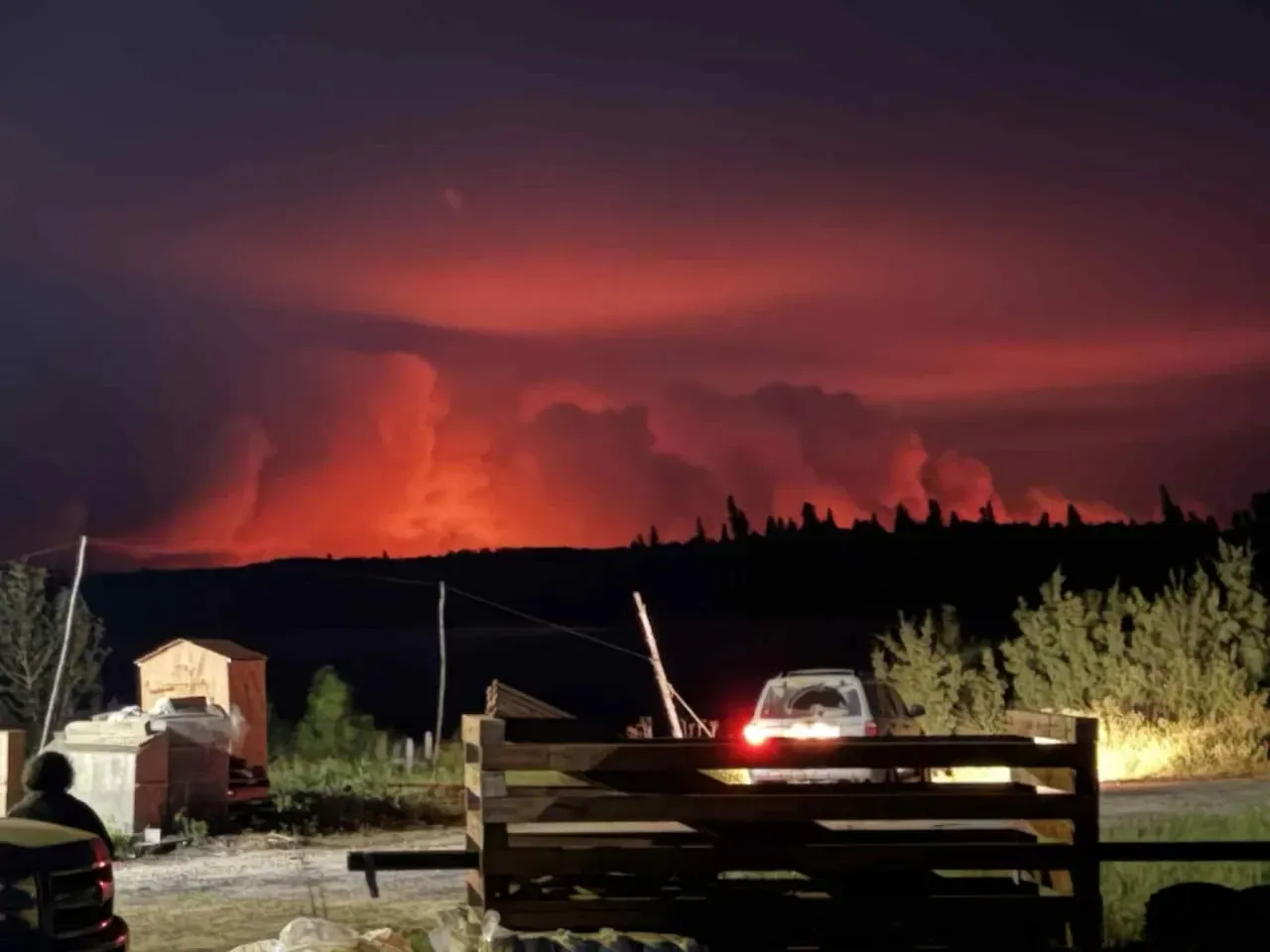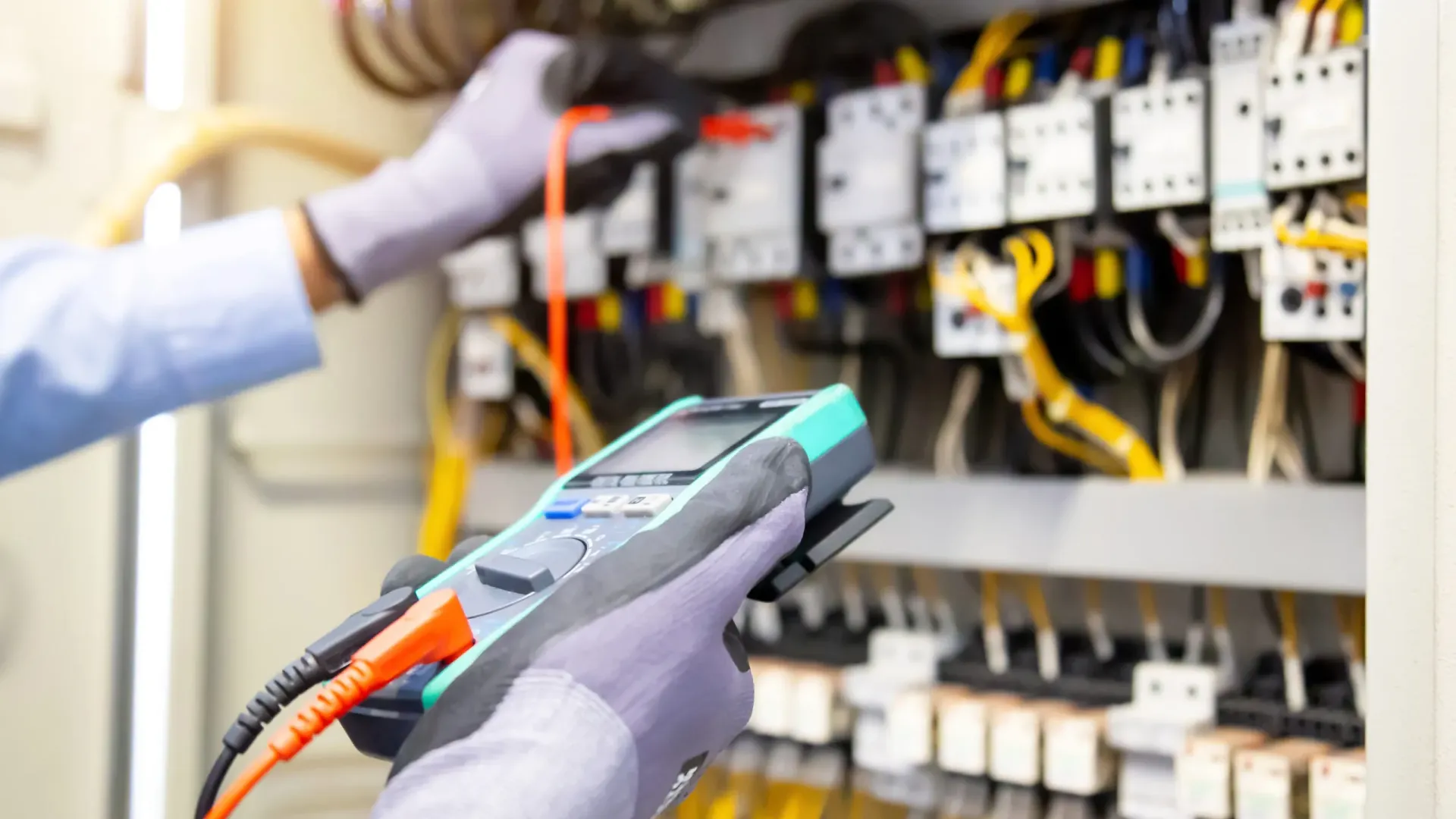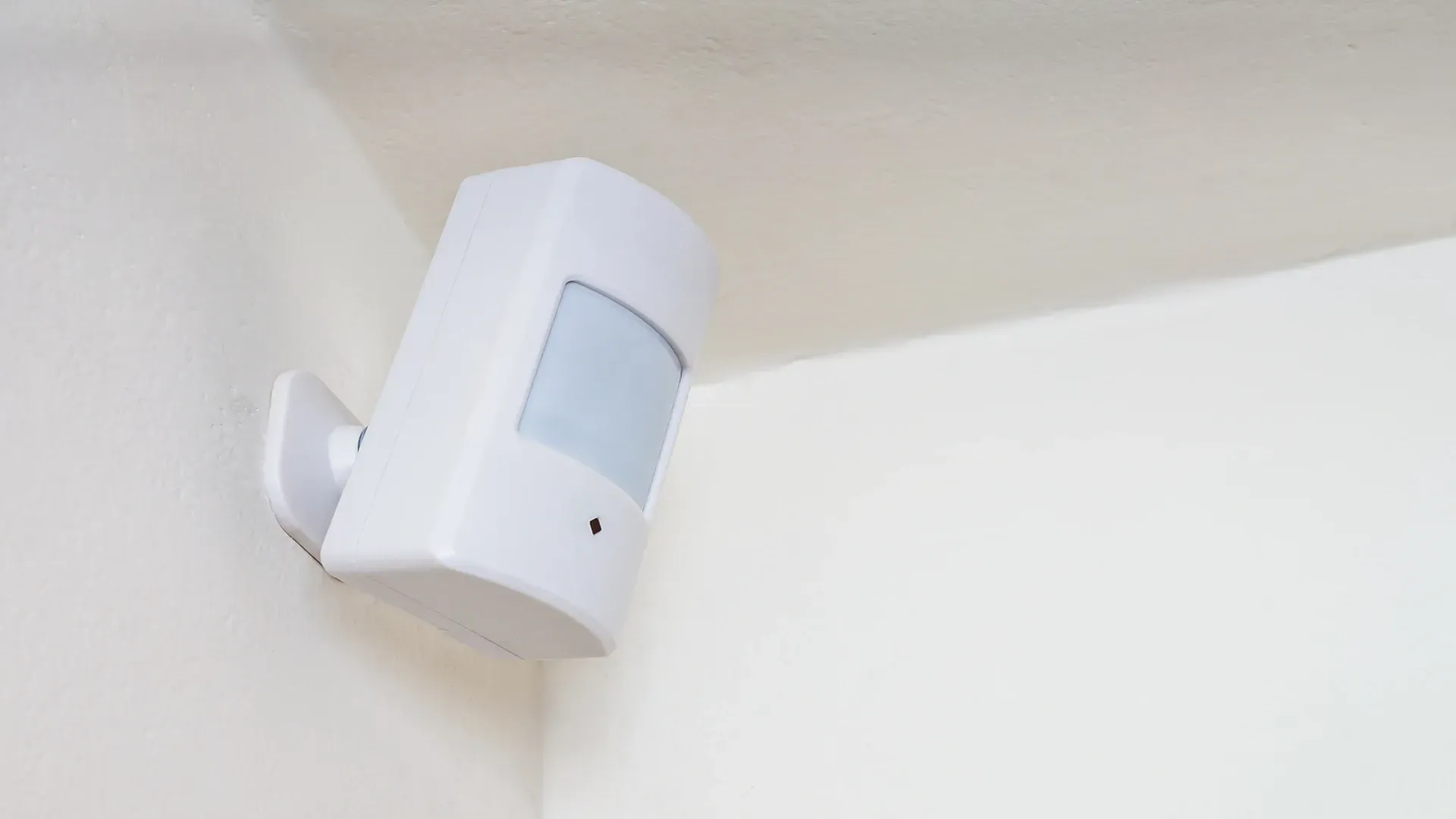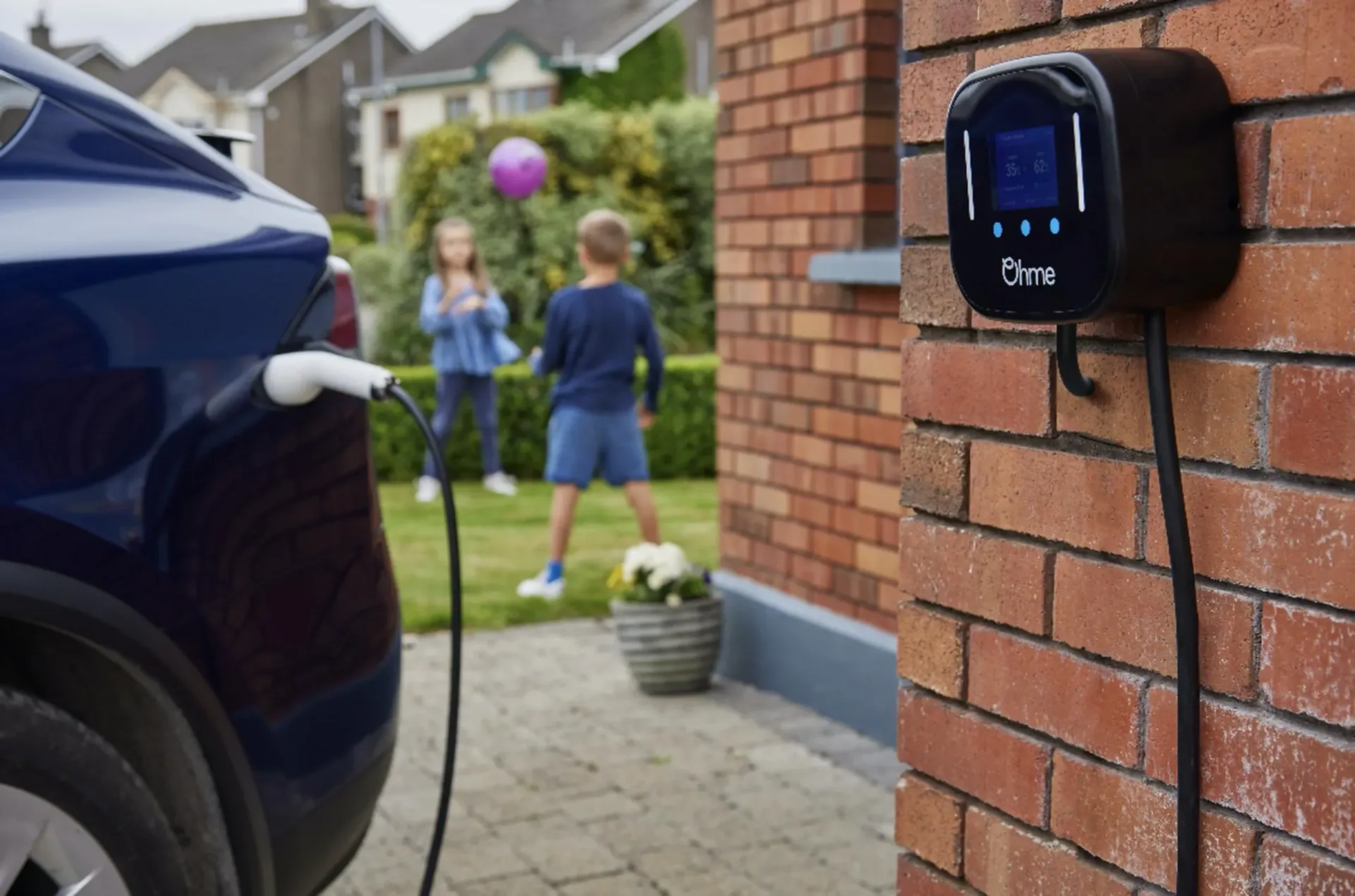The Importance of Generators During Wildfire Season
Wildfire season brings unique challenges that can leave entire communities without electricity for days or even weeks. When flames threaten power lines and utility companies shut off electricity as a precautionary measure, having a reliable backup generator becomes more than just convenience—it becomes a necessity for safety, communication, and maintaining essential functions during these critical times.
Understanding Wildfire Risks to Power Infrastructure

Wildfires pose significant threats to electrical infrastructure across fire-prone regions. High winds, falling trees, and direct fire damage can knock out power lines, transformers, and substations. Additionally, utility companies often implement Public Safety Power Shutoffs (PSPS) during high-risk weather conditions, deliberately cutting electricity to prevent their equipment from sparking new fires.
These power outages can last anywhere from several hours to multiple weeks, depending on the severity of the wildfire and the extent of infrastructure damage. During such emergencies, households and businesses without backup power face serious challenges in maintaining basic functions and safety.
Essential Functions That Require Continuous Power
Medical Equipment and Health Needs
Many individuals rely on electrically powered medical devices for their daily survival. CPAP machines, oxygen concentrators, insulin refrigeration, and other life-sustaining equipment require uninterrupted power. During wildfire emergencies, when evacuation may not be immediately possible, having backup power can literally be life-saving.
Communication Systems
Staying connected during wildfire emergencies is crucial for receiving evacuation orders, weather updates, and emergency communications. Cell towers may lose power, but having electricity to charge phones, power radios, and maintain internet connectivity helps families stay informed and connected with emergency services.
Food Preservation and Safety
Extended power outages during wildfire season can lead to significant food spoilage, especially during hot summer months when wildfires are most common. Refrigerators and freezers require consistent power to maintain safe food storage temperatures, preventing foodborne illness and reducing waste during already stressful situations.
Water Systems and Sanitation
Many residential water systems, especially in rural areas, depend on electric pumps. Without power, households may lose access to running water for drinking, cooking, and sanitation. Backup generators ensure these critical systems continue operating during extended outages.
Types of Generators for Wildfire Preparedness
Portable Generators
Portable generators offer flexibility and affordability for basic power needs during emergencies. These units can power essential appliances like refrigerators, lights, and communication devices. However, they require manual startup, regular refueling, and must be operated outdoors to prevent carbon monoxide poisoning.
Standby Generators
Permanent standby generators provide automatic backup power that activates within seconds of detecting an outage. These systems connect directly to your home's electrical panel and typically run on natural gas or propane, eliminating the need for gasoline refueling during emergencies.
Solar Generators
Battery-powered solar generators offer a clean, quiet alternative that can be recharged using solar panels. While they may have limited capacity compared to fuel-powered options, they're ideal for powering small appliances and devices without producing emissions or noise.
Generator Safety During Wildfire Conditions
Proper Ventilation and Placement
Never operate fuel-powered generators indoors or in enclosed spaces, as they produce deadly carbon monoxide. During wildfire season, ensure generators are placed away from dry vegetation and have adequate clearance from combustible materials. Keep units on flat, stable surfaces away from windows and doors.
Fire Prevention Measures
Maintain defensible space around generator installations by clearing dry brush and flammable materials. Ensure proper ventilation to prevent overheating, and never store fuel containers near the generator or other heat sources. Regular maintenance prevents mechanical failures that could create fire hazards.
Carbon Monoxide Awareness
Install battery-powered carbon monoxide detectors in your home, especially near sleeping areas. Even with proper outdoor placement, wind patterns during wildfire conditions can redirect exhaust gases toward buildings. Never use generators in garages, basements, or partially enclosed areas.
Emergency Preparedness Planning
Power Load Assessment
Determine which appliances and systems are essential during an emergency. Calculate the total wattage needed to power critical items like refrigerators, medical devices, lights, and communication equipment. This assessment helps you select an appropriately sized generator that meets your actual needs without overspending on unnecessary capacity.
Fuel Storage and Management
Maintain adequate fuel supplies for extended outages, but store gasoline and propane safely according to local regulations. Rotate fuel supplies regularly to prevent degradation, and never store large quantities of fuel indoors. Consider dual-fuel generators that can run on both gasoline and propane for greater flexibility.
Integration with Emergency Plans
Coordinate generator use with your family's wildfire evacuation plan. Ensure all family members know how to operate the generator safely, and practice startup procedures before emergencies occur. Keep generator manuals, spare parts, and maintenance supplies easily accessible.
Maintenance and Seasonal Preparation
Regular maintenance ensures your generator will function reliably when needed most. Before wildfire season begins, test your generator monthly, change oil and filters as recommended, and inspect all connections. Clean air filters, check spark plugs, and ensure fuel systems are functioning properly.
Store generators in clean, dry locations protected from the elements. During fire season, keep generators easily accessible but secured from theft. Maintain service records and keep spare parts like spark plugs, fuses, and filters readily available.
Environmental Considerations
While generators provide essential backup power, consider their environmental impact and plan usage accordingly. Use generators only for essential needs to minimize fuel consumption and emissions. When possible, combine generator use with energy conservation measures like LED lighting and efficient appliances.
Consider renewable options like solar generators for smaller power needs, especially for charging devices and powering LED lights. These alternatives reduce reliance on fossil fuels and operate silently, which can be important in emergency situations.
Frequently Asked Questions
Q: How long will a generator keep running?
Portable units last 8–12 hours; standby models can run nonstop with natural gas.
Q: What generator size is best for a home?
3,000–7,500W covers essentials; 10,000–20,000W powers a whole house.
Q: Is it safe to run a generator during a wildfire?
Yes, if kept clear of flammables, with wind and fire risk monitored.
Q: How much fuel should I keep on hand?
At least 72 hours’ worth; a full week’s supply is safer.
Q: Are generators too noisy for neighborhoods?
Rules vary, but many relax during outages; inverter units are quieter.
Conclusion
Wildfire season presents unique challenges that make backup power generation more important than ever. From maintaining life-sustaining medical equipment to preserving food and enabling communication with emergency services, generators provide crucial support when traditional power infrastructure fails.
As wildfire seasons become more intense and power outages more frequent, the importance of reliable backup power continues to grow. By understanding your power needs, selecting appropriate equipment, and maintaining it properly, you can ensure your family stays safe and connected when wildfires threaten your community's electrical infrastructure.
Ready to Prepare for Wildfire Season?
Don’t wait until the next wildfire threatens your area. Start planning your automatic generator installation today to ensure your family stays safe, comfortable, and connected during extended outages.
For expert guidance on generator options and wildfire preparedness planning, call (570) 525-5908 to speak with experienced professionals who understand the unique challenges of wildfire season power outages.



